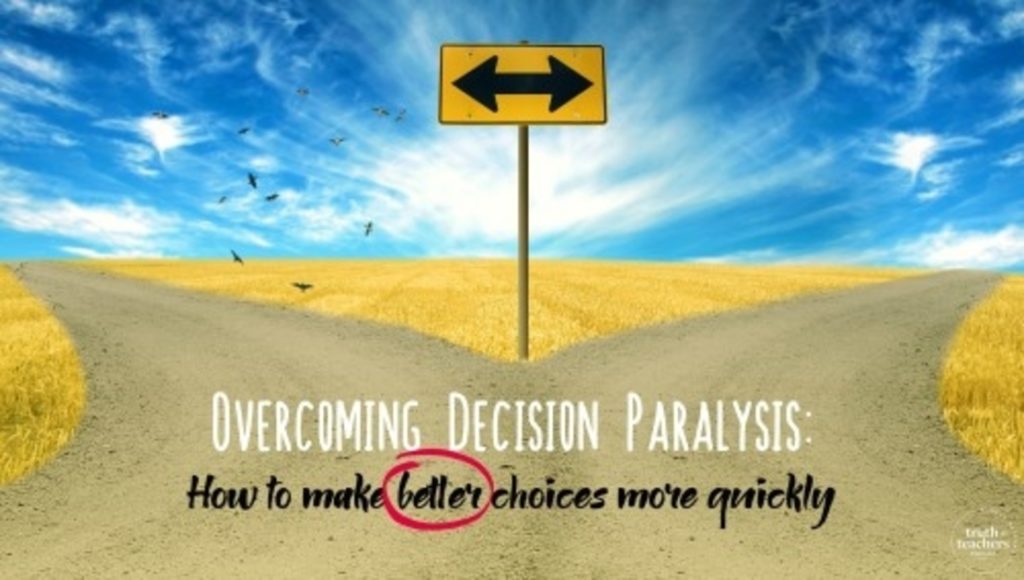There’s no doubt we’re our worst judges. When we make a mistake, it may be years before we really forgive ourselves for what happened.
Making a bad decision will resonate in our minds for a long time, if we don’t let it go, we don’t let it go, and especially if we don’t forgive ourselves. On the other hand, are the right decisions, that are forgotten faster?
- Why does the human mind work this way? Perhaps because society has taught us.
- From a young age.
- That we pay dearly for our mistakes and that what we hope is that everyone always makes good decisions.
However, we learn a lot from bad choices, why? Because we understand the negative consequences they have caused us and others, using this understanding to make no further mistakes.
Pay attention to this story that describes what we’ve said so far
“An employee comes to his boss’s office and asks, “How did you manage?”
The boss replies: “Thanks to the right decisions. “
Not satisfied with the answer, the worker asks again, “How is it possible to always make the right decisions?
“From experience,” says the employer
A little insistent, the collaborator continues: “And how was it possible to win this experience?
The boss says, “Make bad decisions. “
What does this story mean? Basically, if we don’t make the wrong decisions, it’s very difficult to make the right decisions in the future.
We all make mistakes. The difference between taking advantage of these bad decisions or not is how we survive them. This means that we can choose to move on and remember what we did wrong so as not to repeat the mistake or allow that mistake to haunt us for the rest of our lives.
It is important to remember that bad choices are part of our lifelong learning, we can carry them as a teaching or as a heavy burden on our shoulders.
Once a bad decision is made, it is possible to act in different ways to deal with it, for example, repent and change something, repent and do nothing to make up for the mistake or ourselves, forget the subject, worry, embarrass yourself, etc.
Now, what is the best position in the face of an error? Probably the same as the headline to the story you read above: knowing that with poor decisions, you learn and get the experience that leads to success.
Everything seems very simple in theory, but what do we do in practice?First of all, it’s critical to manage the whirlwind of emotions you’re sure to feel, angry, sad, frustrated, indifference, and even depression.
It’s very important to calm down. We repress all the time because what we do wrong will be of no use, on the contrary, the best thing we can do is to understand the reasons and consequences of our mistake so as not to repeat it.
One thing that usually happens when we make a bad decision is that the voices of the mind don’t shut up for a second. We are unable to concentrate on our activities and not even sleep at night. Why did you do that??,? how can you do that??,? what if. . . ?That’s what he repeats over and over in our minds.
Don’t let this inner conversation of fear and repentance take over your daily life and, most importantly, the next decisions you’ll make.
Stop punishing yourself. Unfortunately, we can’t go back, so the best thing we can do at this point is analyze how we can repair the damage and, most importantly, how we can get out of this situation as better people.
Thus, we can enter a new stage of our journey on the path of life, that of forgiving our bad choices. We need to appreciate the extent of the damage caused by our mistake. To do this, it is necessary to keep our minds cold, as possible, because any emotional imbalance can lead us to make bad decisions again, or not to determine with certainty the consequences of what we have done.
Finally (and most importantly), we have to learn from our mistakes. We must remember that “a bad decision is only bad if we do nothing and learn a lesson. “

